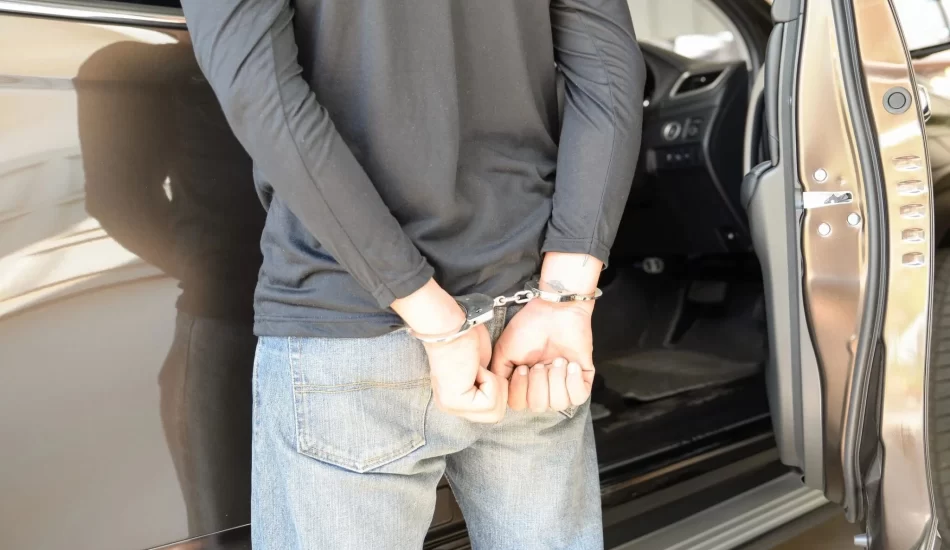Charged with a Violent Crime in Florida? Here’s What You Should Know: Insights from a Miami Criminal Defense Lawyer.

If you are accused or arrested for a violent crime in Miami or the South Florida area, take those charges seriously and act promptly in getting quality private representation. Do not represent yourself and if you can, avoid relying on a public defender — you want an experienced and reputable Miami law firm that can prepare the best defense possible and give your case the attention it deserves. Don’t assume it will just work itself out or go away. You have to fight back!
There are additional factors to consider when charged with a violent crime. Even if you are acquitted, your arrest could haunt you for years to come. For example, you might face a civil lawsuit, resulting in you losing custody of your children during a child custody dispute if the charges were domestic in nature.
What are the different types of violent crimes?
The term “violent crime” in Florida could refer to different types of crimes, including but not limited to:
- Assault: You can be charged with assault if you threaten someone with violence (either verbally or physically) and give the impression that you can carry out that threat. Assault is a second-degree misdemeanor, punishable by up to a $500 fine and 60 days behind bars or 6 months probation.
- Battery: Battery is the deliberate infliction of bodily harm on another person. Simple battery is a first-degree misdemeanor — and if convicted, a judge can impose any combination of the following penalties: up to one year in jail or probation and up to $1,000 in fines. Aggravated Battery can be a second-degree or a first-degree felony depending upon whether a weapon was used and whether the victim suffered significant bodily injury.
- Robbery: Robbery is taking another person’s property by force or threat of force. If a weapon was used, then the charge is enhanced to a first-degree felony punishable by up to life in prison. If a gun was used in the commission of the robbery, then there is also a 10-year minimum mandatory sentence and the enhancement to a first-degree felony.
- Murder: First Degree Murder is when someone is killed with premeditation or during an enumerated felony. Second Degree Murder is when someone is killed without premeditation but with a depraved heart and reckless disregard for human life. Third Degree Murder is when someone is killed while another is committing or attempting to commit a non-violent felony. The most serious murder charge is first-degree conviction — a capital felony punishable by execution or mandatory life imprisonment with no possibility of parole.
- Manslaughter: Is the negligent killing of another person without legal justification. Manslaughter is generally a second-degree felony punishable by up to fifteen years in prison or on probation and a $10,000 fine — although aggravated manslaughter can be classified as a first-degree felony. Manslaughter does not involve premeditation or a depraved heart; individuals charged with manslaughter do not intend to kill another person.
What are the defenses to violent crimes?
When you choose an experienced Miami violent crimes lawyer, they will guide you through the many defenses applicable in your case. Provocation, self-defense, involuntary confession, defense of others, misidentification, or accident are all possible defenses your lawyer may use.
You have probably heard of the stand-your-ground law, which allows for the justified use of force in certain situations. This is a complex defense with many intricacies and technical elements. You need a defense attorney who understands the nuances of the stand-your-ground law.
Contact a Miami violent crime lawyer today for a free initial consultation if you have been arrested or accused of a violent crime in Miami or the greater South Florida area.

